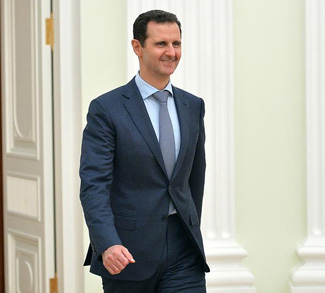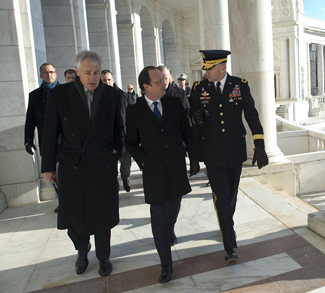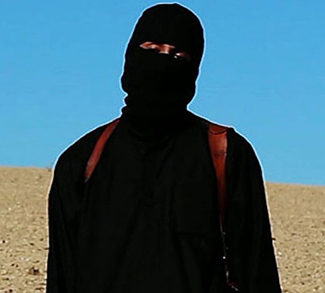Summary
A recent military-backed coup in Madagascar, an island nation off the eastern coast of Africa in the Indian Ocean, has left the country internationally isolated.
Analysis
On Tuesday, bowing to intense political pressure amid social unrest and the collapse of governmental authority, President Marc Ravalomanana resigned and handed over power to a military council comprised of loyalists headed by Vice-Admiral Hyppolite Ramaroson. The move was meant to circumvent Ravalomanana’s arch-rival, the military-backed former mayor of the capital Antananarivo, Andry Rajoelina.
Nonetheless, the military establishment immediately called Ravalomanana’s gambit a ‘ploy’ and instead handed over effective power to Rajoelina, who had been vying for authority since unilaterally announcing himself acting-President at an anti-government rally on January 31, 2009.
Notwithstanding the military’s support of Rajoelina, international recognition has not been forthcoming, and the growing chorus of regional and global voices of opposition seriously endanger Rajoelina’s legitimacy, further threatening political stability in Madagascar.
Two days after the power shakeup, regional leaders of the Southern African Development Community (Angola, Botswana, Lesotho, Malawi, Mozambique, Swaziland, Tanzania, Zambia, Zimbabwe, Namibia, South Africa, Mauritius, Congo and Seychelles) condemned the coup and refused to recognize the new government.
The next day, Friday, the Peace and Security Council of the African Union announced that it was giving Madagascar six months to hold democratic elections – ahead of the two-year timeline proposed by Rajoelina himself. Other countries, including France, the former colonial ruler of Madagascar, and other European powers, joined by the U.S., have condemned the coup as well. Expect further condemnations from the United Nations to follow shortly.
The current political crisis erupted on December 13, 2008, when the government, under Ravalomanana, shut down then-mayor Rajoelina’s Viva TV for transmitting an interview of exiled former head-of-state, Didier Ratsiraka. Rajoelina responded by heading protest demonstrations against Ravalamonana, culminating in his January 31, 2009 unilateral announcement assuming the presidency – three days later he was deposed as mayor of the capital city.
Manjit Singh is a contributor to Geopoliticalmonitor.com



